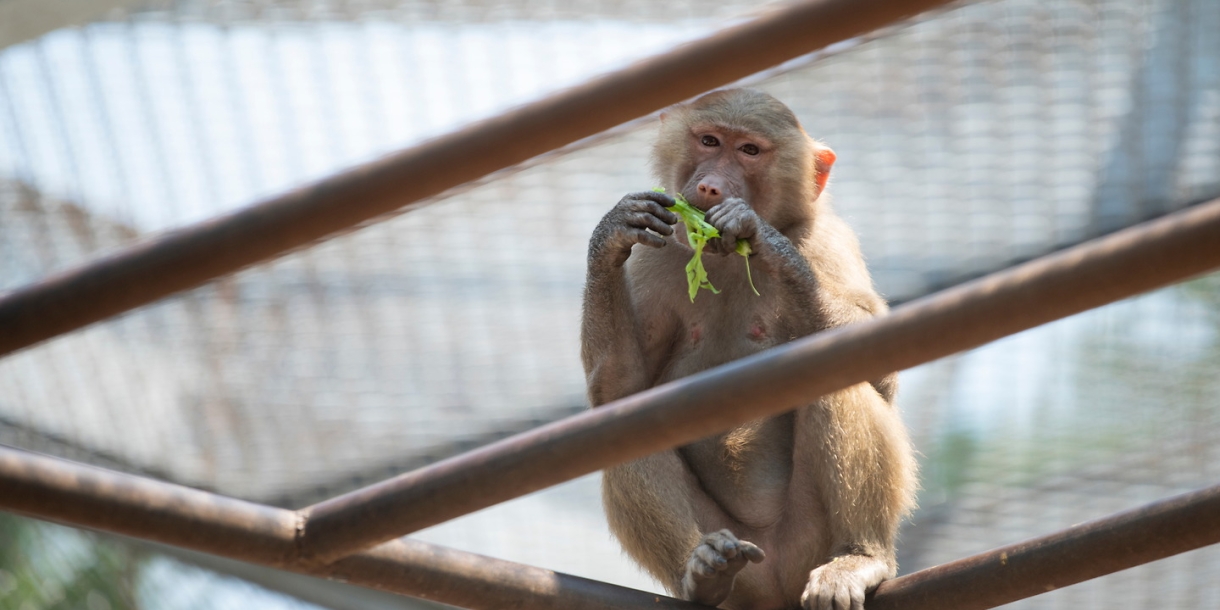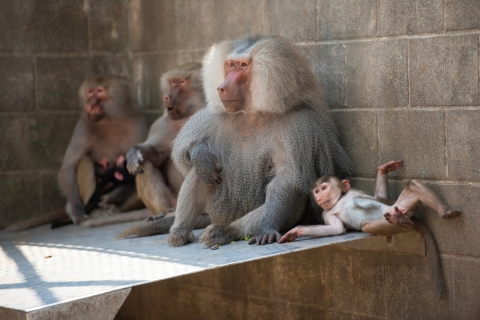Animal Behavior Program
Bachelor of Arts
Bachelor of Science
Master of Science

At Bucknell, you’ll get up close and personal with the creatures you study, empowering you to make the next great breakthrough.
In our animal behavior major, which combines biology and psychology, you can pursue your own research alongside our teacher-scholar faculty with our amazing research resources on campus, and may even be able to accompany your professor on a field study, perhaps of migratory birds in Alaska or endangered salamanders in Japan.
It Starts Here
On campus, you can interact with different species of monkeys, as well as amphibians, bats, bees and more. Your experience studying these animals under the close guidance of our faculty will prepare you for a career in the research, veterinary, medical, zoo, museum and education fields.
Recent graduates have found jobs and internships in zoo design, aquarium administration, research, grant-making and nature photography.
Degree Programs
Bucknell offers two undergraduate degree options for students majoring in animal behavior: a bachelor of arts program that includes 11 required courses and a bachelor of science program that requires 17 courses. Both are interdisciplinary majors that include subject matter in biology, chemistry, mathematics, physics and psychology. The programs differ chiefly in the number of advanced science courses and laboratories. The University also offers a master of science in animal behavior.

Introducing Your Research Partner
Bucknell is home to one of the most diverse collections of research primates at any collegiate animal behavior program in the U.S. You'll also find bee colonies, amphibians and other research species. Our students interact with these animals under the close supervision of faculty, who observe the animals' behavior to study ecology, social behavior, plant and animal interaction, behavioral endocrinology, animal learning, genetics and more.





